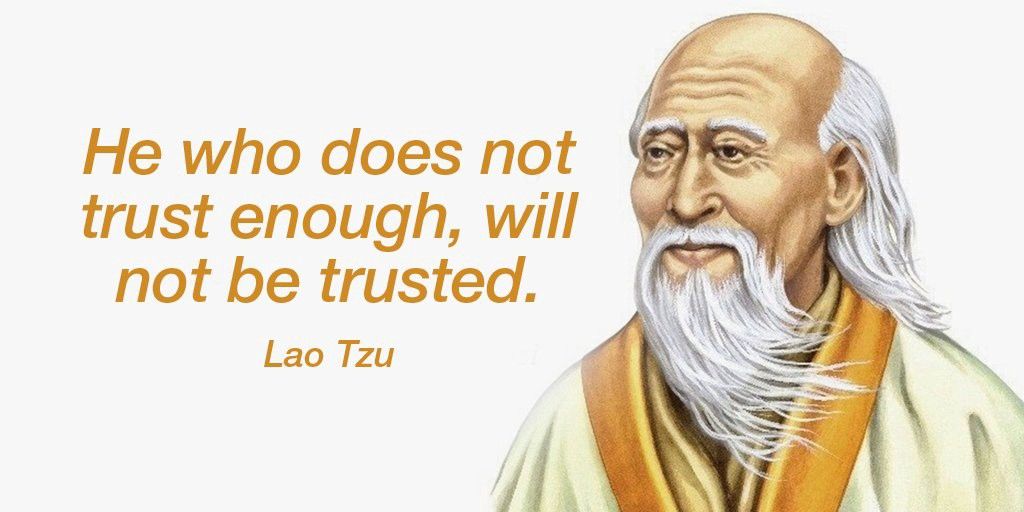While attending the Stanford Ignite Post-9/11 Veterans program last year, we had some incredibly powerful speakers; one of them was Joel Peterson, Chairman of the Board at JetBlue Airways and author of the book The 10 Laws of Trust: Building the Bonds That Make a Business Great. His discussion on building a high-trust culture was a perfect fit with what we are trying to do here at SalesScreen and while going through some old class notes yesterday, I found several pages on trust and culture that are worth sharing.
The 10 Laws of Trust
1) Start with personal integrity
Clearly, for anything to build trust, you need to start with honesty, integrity and openness. In order to build that, people need to know that they will be listened to when they have suggestions, comments or feedback. If employees feel they are not listened to, then they have no reason to be honest.
2) Invest in respect
By listening and caring, you can start to build a culture of respect. As the old saying goes, “you have to give respect to get it”. Sure, you could try to demand respect because you’re the boss… but let me know how that works out for you. Instead, you should show people that you are invested in their lives and professional development.
3) Empower others
By investing in people, you can empower them to grow, to be themselves, and to pursue a sense of purpose. Studies show that intrinsically-driven people are much more effective because they are working from a sense of “want to” instead of “need to”.
4) Measure what you want to achieve
Once you have figured out what intrinsically motivates people, you can set goals and measure what they need to achieve. Everyone needs some kind of motivation to do their best work, so if you are going to measure them, you need to also let them know how they will be measured, how often, what the expectations are and what type of reward can be expected if they accomplish all of their goals.

5) Created a common (shared) dream
By setting and measuring goals, you can create a common dream. When the whole team knows what the end goal is and understand why it is important, they will work harder towards it and be happier to pull their share of the load.
6) Keep everyone informed
While working towards the dream, you need to keep everyone informed. Awareness and transparency are critical in building trust and keeping the entire team focused on achieving the goal together.

7) Embrace respectful conflict. (Smart people bring different ideas to the table)
As with any team goal, there is sure to be some conflict… but this is not a bad thing. Smart people bring different ideas and approaches to the table. These should be openly discussed and voted on in some manner that ensures that everyone’s voices are heard and hopefully allows you to make the best decision possible.
8) Show humility
Another step that helps with building trust and working with teams is to show humility, meaning that just because you are the leader doesn't mean that you have to be the boss. Give others the chance to try out their ideas, lead from the front and breathe their own vision into projects.
9) Strive for win-win negotiations
With humility comes a desire to see things from all viewpoints and strive for win-win scenarios in negotiations. The best negotiations are the ones where everyone wins because then the other party does not leave feeling cheated and they are more likely to return to you for continued business, which builds stronger relationships and brings much more value.
10) Proceed with care. (You can repair trust after betrayal, but it’s hard!)
Lastly, proceeding with care in your interactions is important because you are sure to get burned from time to time and you’ll need to suck it up, drive on and remember to view things with the best possible optimism. Being betrayed or taken advantage of hurts, but it doesn’t mean that you should return with revenge when you get the opportunity. Be the bigger person, allow yourself to learn the hard lessons, and continue to be the best person that you can be… because that is what matters most and it is what will help build trust in you for years to come.
Final note
One major key to remember is that you should treat all of your employees the same way you would a volunteer because they all have the opportunity to leave whenever they want. As Joel says, “people are empowered only when they are trusted”. For more information on Joel Peterson’s book, click on the book image below.











